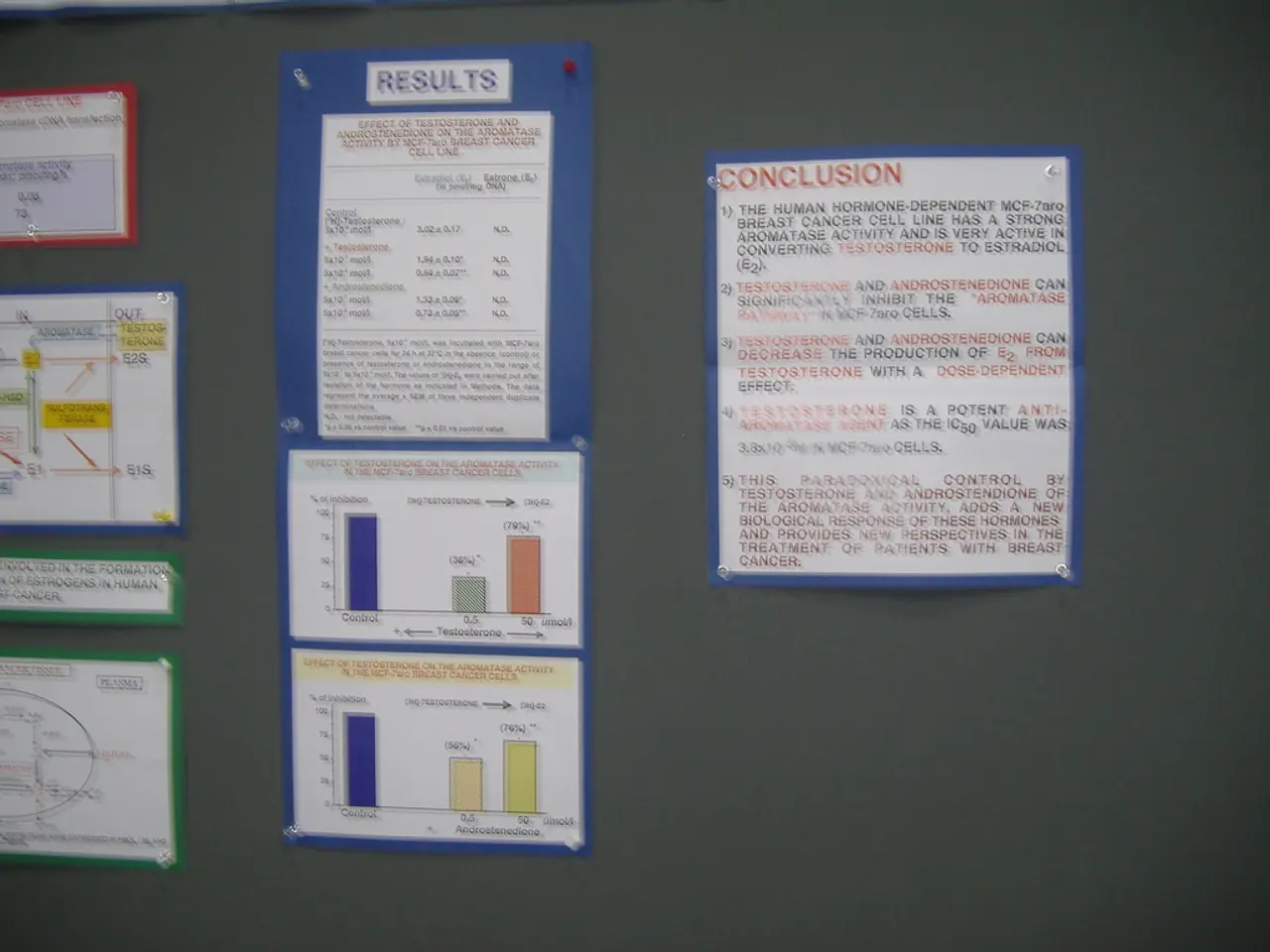International powers in Europe announce they are prepared to reinstate economic penalties against Iran, as reported to the United Nations.
In a significant development, France, Germany, and Britain (the E3) have declared their intent to reimpose UN-mandated sanctions on Iran by triggering the "snapback" mechanism due to Iran's non-compliance with the 2015 Joint Comprehensive Plan of Action (JCPOA) and failure to cooperate with the International Atomic Energy Agency (IAEA).
The snapback mechanism, a part of the 2015 deal, allows for the reinstatement of all nuclear-related UN sanctions lifted under the JCPOA until October 18, 2025. The trigger is based on Iran's significant non-performance of JCPoA commitments, including violations of the Comprehensive Safeguards Agreement (CSA) and Nuclear Non-Proliferation Treaty (NPT) obligations.
The E3 formally communicated this intent via a joint letter to UN leadership in August 2025. If Iran does not resume negotiations and reach a diplomatic solution by the end of August 2025, the snapback sanctions will be reinstated, potentially creating a major diplomatic rift and further complicating any future nuclear deal prospects.
The legal grounds for this action stem from the original 2015 JCPOA and the related United Nations Security Council Resolution 2231 (2015), which includes a "snapback" provision allowing any of the signatory parties to unilaterally restore sanctions lifted as part of the nuclear deal if they determine Iran is in significant non-compliance.
Iran has threatened retaliatory measures, including possibly withdrawing from the Nuclear Non-Proliferation Treaty (NPT) if sanctions snapback occurs. However, the E3 maintain that they have legitimate legal authority to trigger the snapback based on Iran's systematic violations and cessation of cooperation with the IAEA, which breaches its obligations under the nuclear deal, the IAEA’s additional protocols, and the NPT.
Recent diplomatic efforts have aimed at keeping open the possibility of a deal-based resolution through negotiations in Istanbul and elsewhere, but these have not yet yielded progress sufficient to avert the snapback. The E3 emphasize that without an Iranian agreement to limit its nuclear program and restore transparency, the snapback sanctions will be reinstated.
It is important to note that the United States had been in contact with Iran over its nuclear activities, but these were halted by Israeli strikes in June on Iran's nuclear facilities. The E3 group, consisting of Britain, France, and Germany, were signatories to the 2015 JCPOA with the United States, China, and Russia. This agreement offered a carrot-and-stick deal for Iran to slow its enrichment of uranium needed for a nuclear weapon.
However, the foreign ministers of the E3 group have stated their commitment to diplomatic efforts to prevent Iran from developing a nuclear weapon. They have also called the allegation of their involvement in the Israeli strikes "unfounded".
In response to the E3's threat, Iran halted all cooperation with the IAEA after the Israeli strikes, but announced that the agency's deputy chief was expected in Teheran for talks on a new cooperation deal. Iran's Foreign Minister Abbas Araghchi sent a letter to the UN last month stating that the European countries did not have the legal right to restore sanctions.
As of now, the diplomatic standoff between the E3 and Iran continues, with both parties firm in their positions. The outcome of this situation will have significant implications for the region's nuclear non-proliferation efforts and global security.
Read also:
- Discussion between Putin and Trump in Alaska could potentially overshadow Ukraine's concerns
- Massive 8.8 earthquake hits off the coast of Russia's Kamchatka Peninsula, prompting Japan to issue a tsunami alert.
- Court petitions to reverse established decision on same-sex marriage legalization
- Independence supporters in New Caledonia refuse agreement offering authority without a vote on sovereignty








